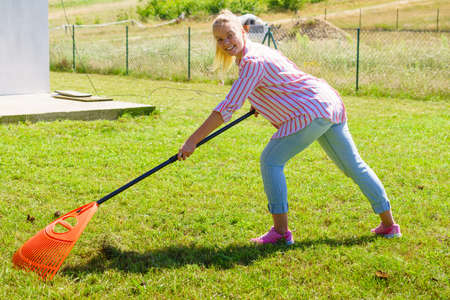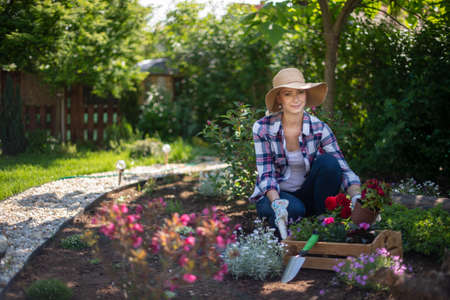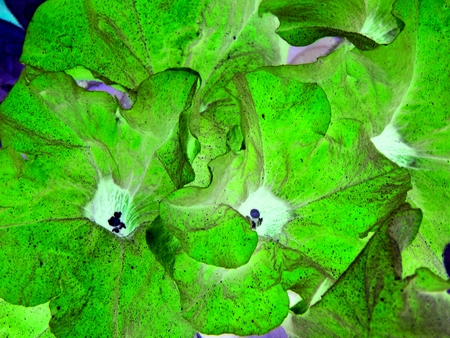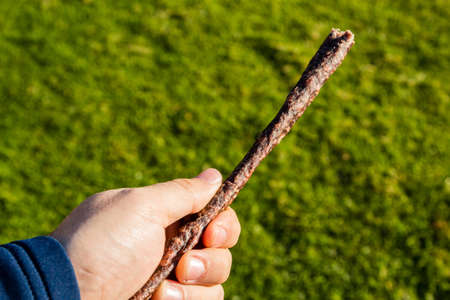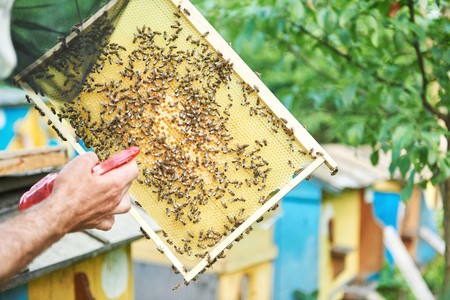Professional Solutions for Persistent Lawn Troubles: From Chafer Grubs to Red Thread Disease
Identifying Common UK Lawn Pests and DiseasesIf you’ve ever gazed over your garden, only to spot mysterious brown patches or thinning grass, you’re certainly not alone. British lawns face a unique set of challenges, with persistent pests and diseases threatening even the most lovingly tended turf. Among the most notorious culprits are chafer grubs—those sneaky…




